With this change, musicians get less money while listeners pay more.
Spotify’s premium plans that combine music and audiobooks will now be considered as ‘bundles.’ This means, U.S. songwriters and musicians will now receive lower royalty rates from streams using these plans.
These changes come as the streaming giant plans to raise subscription prices in several markets, including the U.S., in an effort to reach profitability.
How Spotify’s ‘Bundling’ Impact Royalties
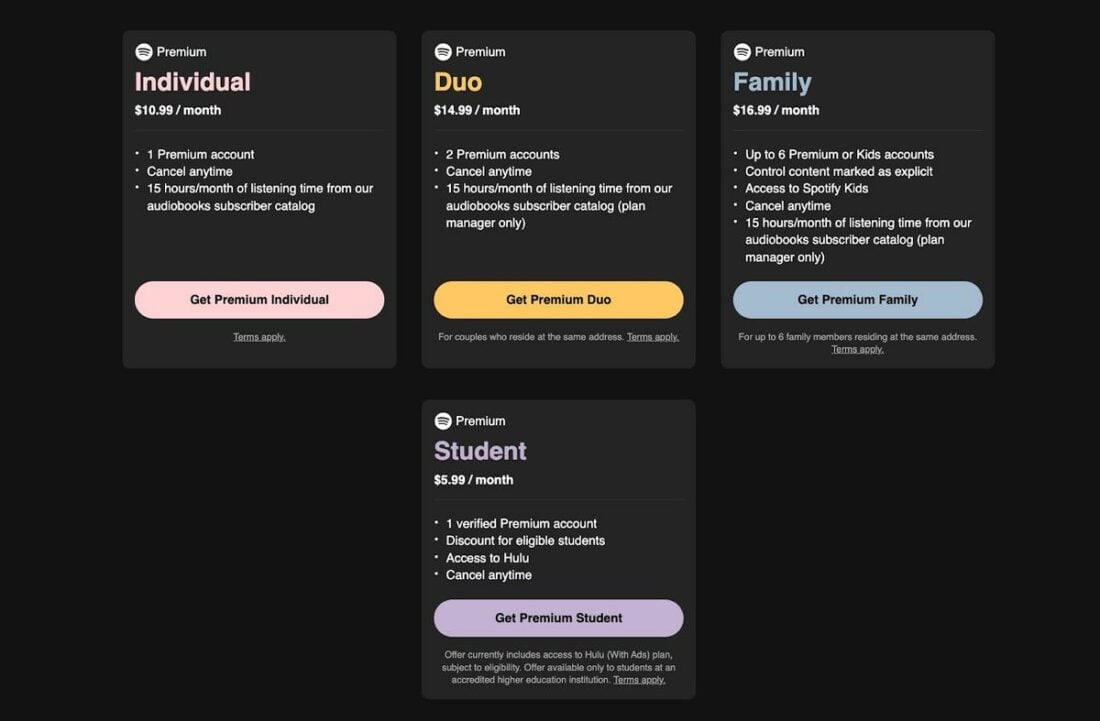
Spotify’s Premium Individual, Duo, and Family plans give access to music, podcasts, and up to 15 hours of audiobooks per month. And since the company also offers a standalone Audiobook plan, the regular Premium plans can now be called “bundles”.
By doing so, Spotify can now pay lower mechanical royalty rates to publishers and songwriters in the U.S. This follows the terms of the ‘Phonorecords IV’ or ‘CRB IV’ settlement between streaming services and publishers in 2022.
According to this settlement, streaming services can pay reduced mechanical royalty rates for plans that combine music with other content, such as audiobooks or news.
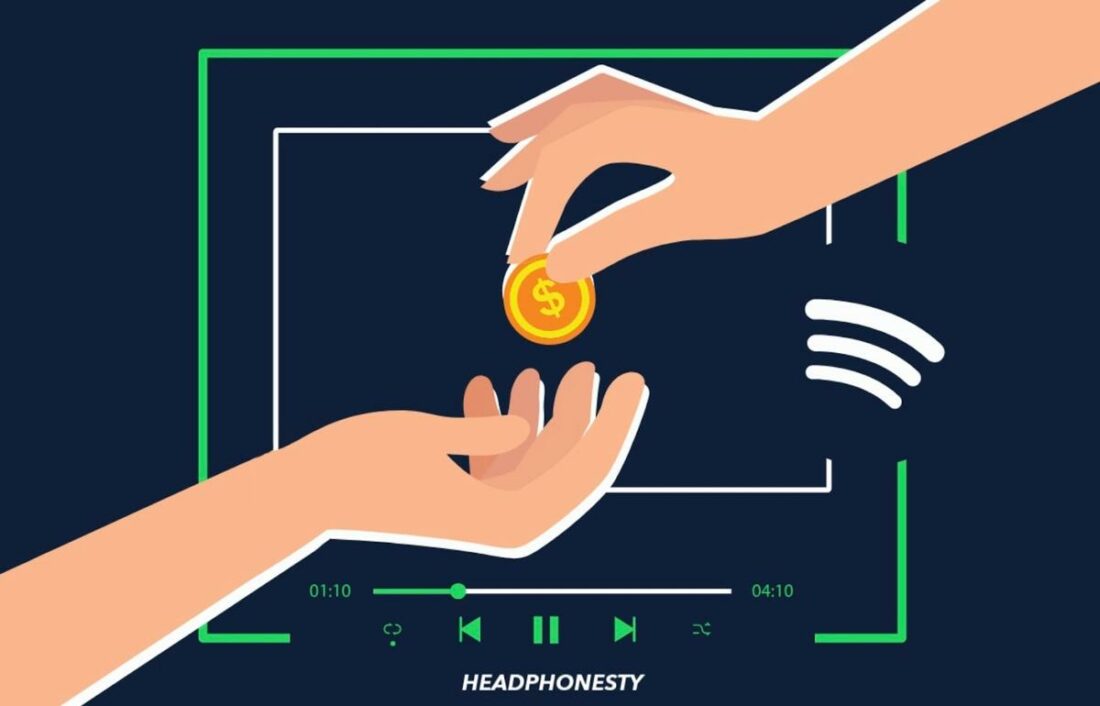
“As our industry partners are aware, changes in our product portfolio mean that we are paying out in different ways based on terms agreed to by both streaming services and publishers.” a Spotify spokesperson said
“Multiple DSPs have long paid a lower rate for bundles versus a stand-alone music subscription, and our approach is consistent.”
The platform also pointed out that the adjusted lower royalty rate isn’t exactly unlawful or new.
Before introducing the bundle, Spotify already treated discounted Premium plans tied to services like Hulu as bundles. Other platforms have also paid lower royalties through bundles, like Amazon Music’s Prime plan.
Industry Backlash Over Royalty Reduction
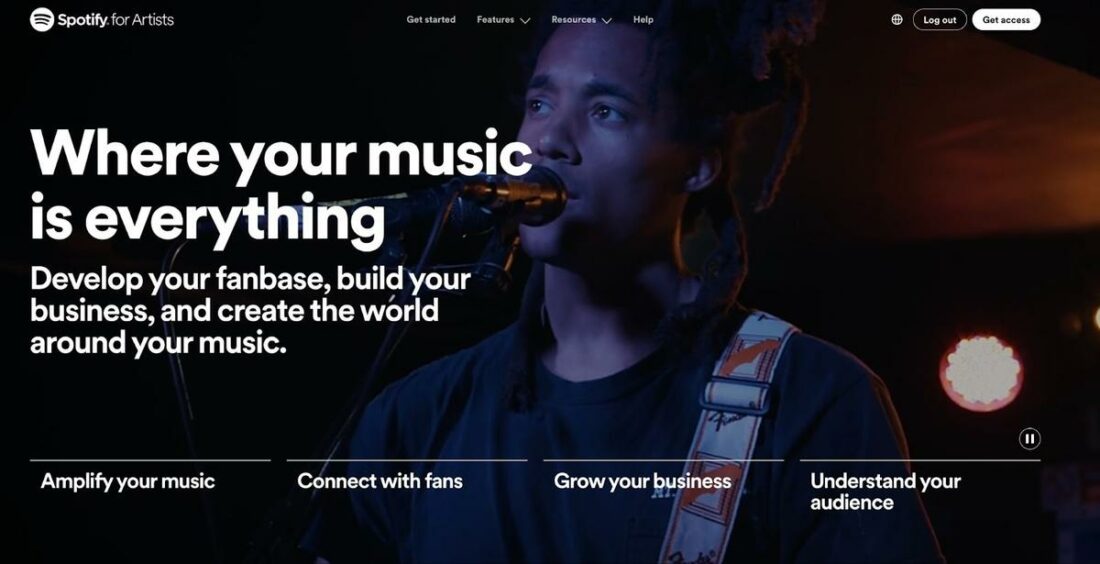
Spotify claims it “is on track to pay publishers and societies more in 2024 than in 2023” overall. But, the reclassification has been sharply criticized by the National Music Publishers’ Association (NMPA).
The organization accused Spotify of unjustly exploiting the bundle provision.
“Spotify’s attempt to radically reduce songwriter payments by reclassifying their music service as an audiobook bundle is a cynical, and potentially unlawful, move that ends our period of relative peace.” said NMPA President and CEO David Israelite.
“We will not stand for their perversion of the settlement we agreed upon in 2022 and are looking at all options.”
The criticism comes in light of the settlement in 2022.
Under the CRB settlement, the headline royalty rate for standalone music streaming services is set to increase gradually over a 5-year period. This started from 15.1% in 2023 and should reach 15.35% by 2027.
The deal also includes increases to per-subscriber minimums. And, adjustments to “Total Content Costs” calculations that factor in label royalties.
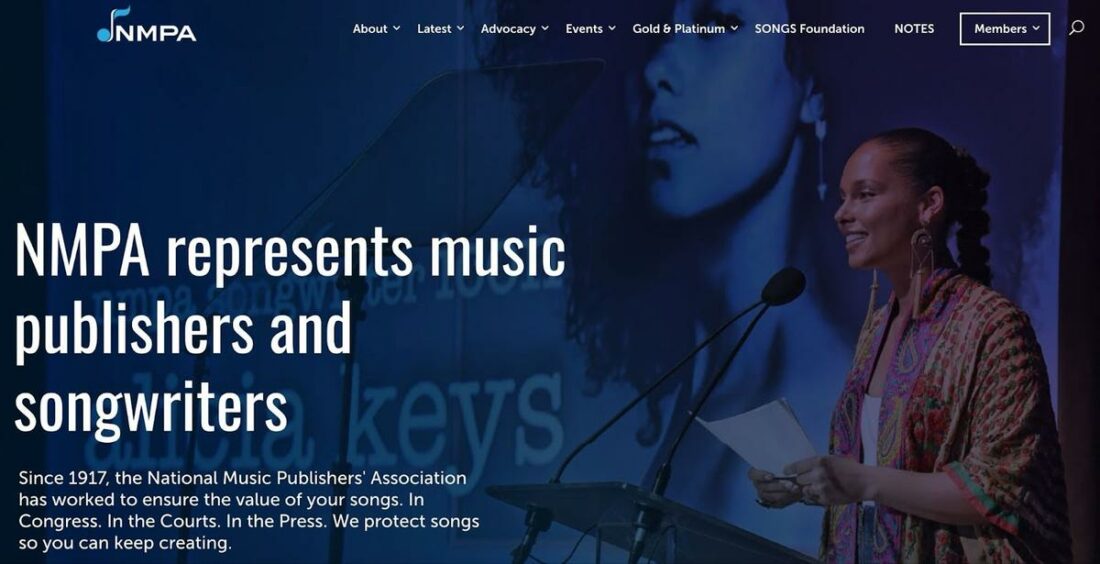
With the bundle reclassification, NMPA argues that Spotify is now paying publishers well below the headline 15.35% rate that was agreed for standalone services by 2027 under the CRB proceedings.
This has reignited concerns from publishers and songwriters over the platform. It questions the company’s commitment to properly compensating the core creative talent powering its platform.
Spotify’s Pricing Changes and New Tiers
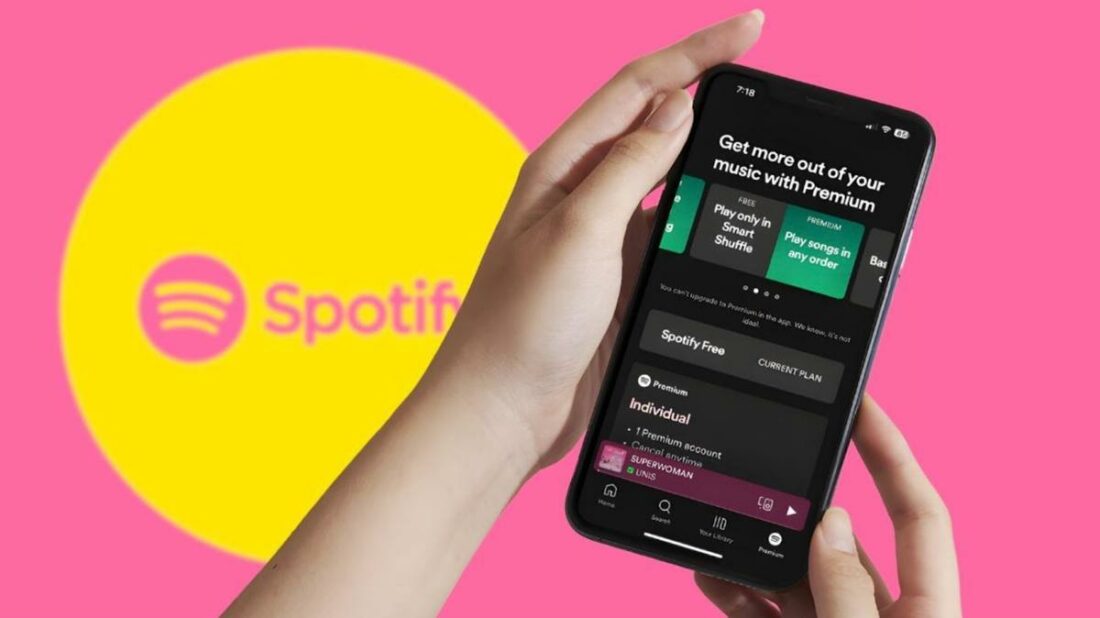
Since going public in 2018, Spotify has struggled to turn a profit, largely due to the high royalties it pays to the music industry.
In 2023, the company paid record labels, artists, and other rights holders more than $9 billion from its $13.2 billion in revenue. This amounted to about 70% of its sales.
To reduce its reliance on the music industry and improve its financial position, Spotify has expanded into other forms of audio entertainment.
As part of this move, Spotify has released a standalone Audiobook tier in March 2024.
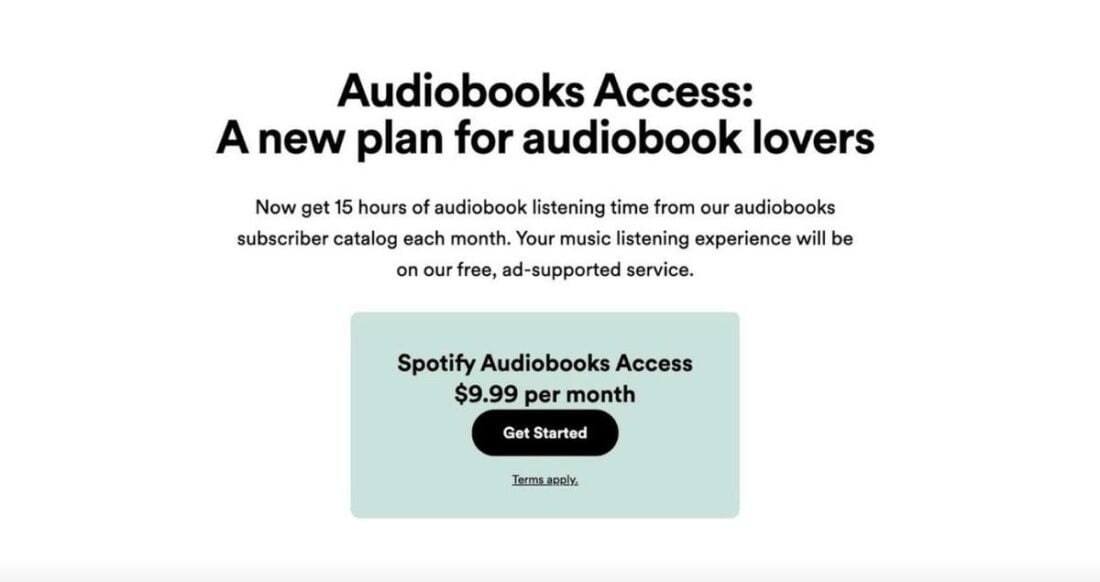
The platform is also raising its subscription prices by $1 to $2 per month across multiple markets, including the US later this year. This higher pricing will help offset the costs of offering audiobook content, according to reports.
Alongside this, Spotify will also introduce a new “Basic” $11 tier providing access to music and podcasts only, separate from the premium audiobook bundle. Subscribers to this Basic plan would need to pay extra for any audiobook listening.
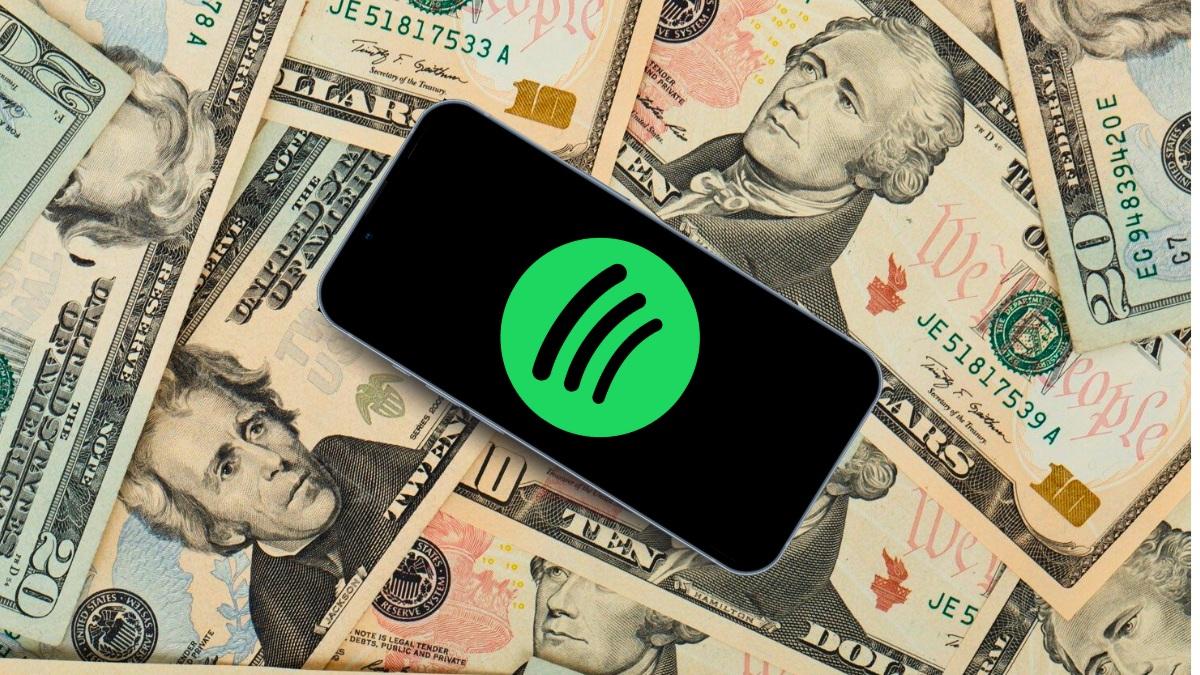
Artists and labels need to pull their content from Spotify and tell their fans to find them on any other streaming platform that pays better.